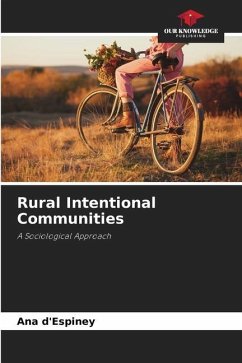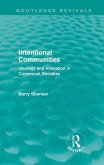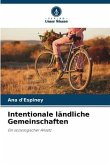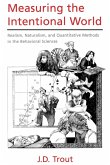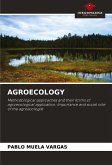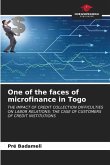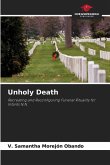The study of a Rural Intentional Community had as its driving factor the more general problem of the crisis of environmental degradation in which current society finds itself and around which a great sociological debate has been taking shape. Reflecting on the evolution of this theoretical debate - where an attempt was made to contemplate the different phases of this evolution, ranging from its neglect in the case of classical theories, to its integration into a more general theory of society as occurred with the theories of modernity, through its consolidation that the North American perspectives of Catton and Dunlap and Dickens' dialectical realism led to - it was found that the relevance of studying how these communities are organised is not limited to the fact that they base their organisation on a new environmental relationship, but also a new social relationship. This work summarises empirical research in a Rural Intentional Community in Portugal, developed through participant observation, where one can get in touch with an alternative type of organisation to that of the dominant society, based on self-reliance, self-government and symbiosis with nature.
Bitte wählen Sie Ihr Anliegen aus.
Rechnungen
Retourenschein anfordern
Bestellstatus
Storno

